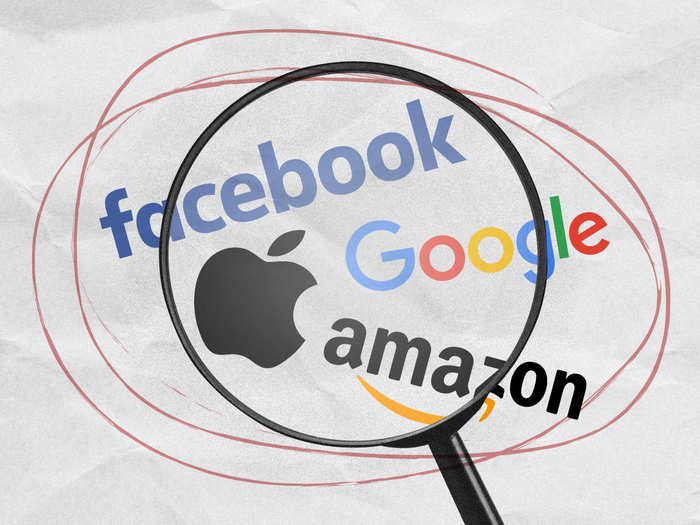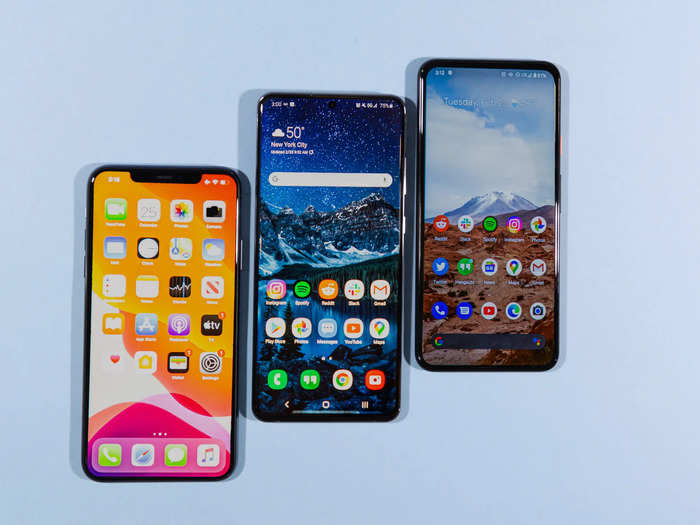Embracing a specialized device like the Librem 5 or other similar products may not be the right choice for most people, including billionaires like Bezos, who reportedly uses an iPhone X.
A more likely solution, particularly for high-net-worth individuals, is to carry a temporary burner phone while traveling, rather than using your primary smartphone that houses all of your sensitive data, according to Mike White, senior vice president and practice lead for security firm Hillard Heintze's private client and family offices division.
White also said he suggests that his clients use the phone of someone else that wouldn't be as high-profile or public-facing, like an assistant, to conduct extra sensitive communications.
While his clients haven't expressed much interest in ultra-secure devices like the Librem 5 or Communitake IntactPhone, he has recommended using a satellite phone in some circumstances for those looking for enhanced security while traveling to remote locations. Even so, the satellite phone is usually meant to serve as an alternative to their primary phone, not a replacement.
But above all else, being cautious about opening unknown files and sharing personal information are among the most effective ways for anyone to protect their smartphone, public figure or not. After all, the Bezos attack came from a video file that was shared through social media, and Corcoran was almost scammed out of hundreds of thousands of dollars because a thief was able to spoof her assistant's email address.
"There's a certain degree of human error, if you will," said White. "You could make the most secure device in the world, but if the device allows you to download that attachment and that attachment has malware, you're going to be infected."
Some of the best measures anyone can take on a daily basis, says White, is to practice strong password management and keeping apps and software up to date. That's because while some people may be willing to compromise on having a phone that has the latest hardware and apps for enhanced privacy protections, the vast majority likely won't.
"There's an interesting analogy you can use," says Gillett. "If you substituted 'phone' for 'automobile,' the question would be, would we all ride around in armored vehicles?"


